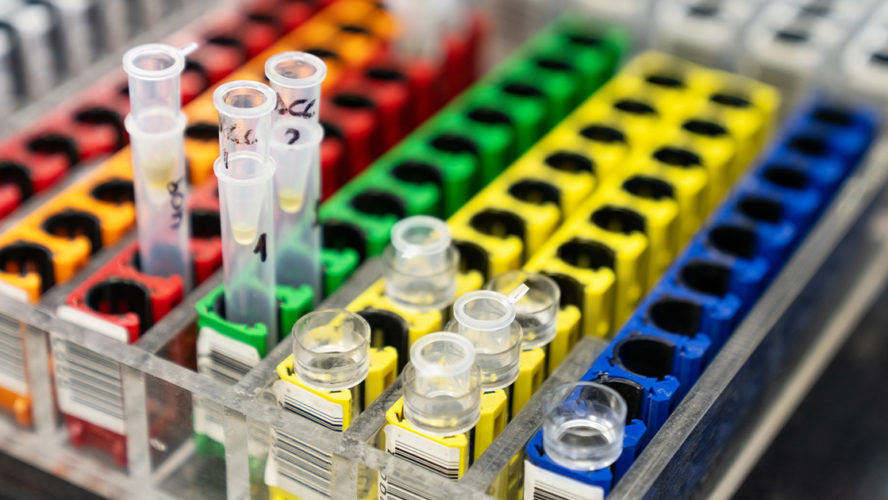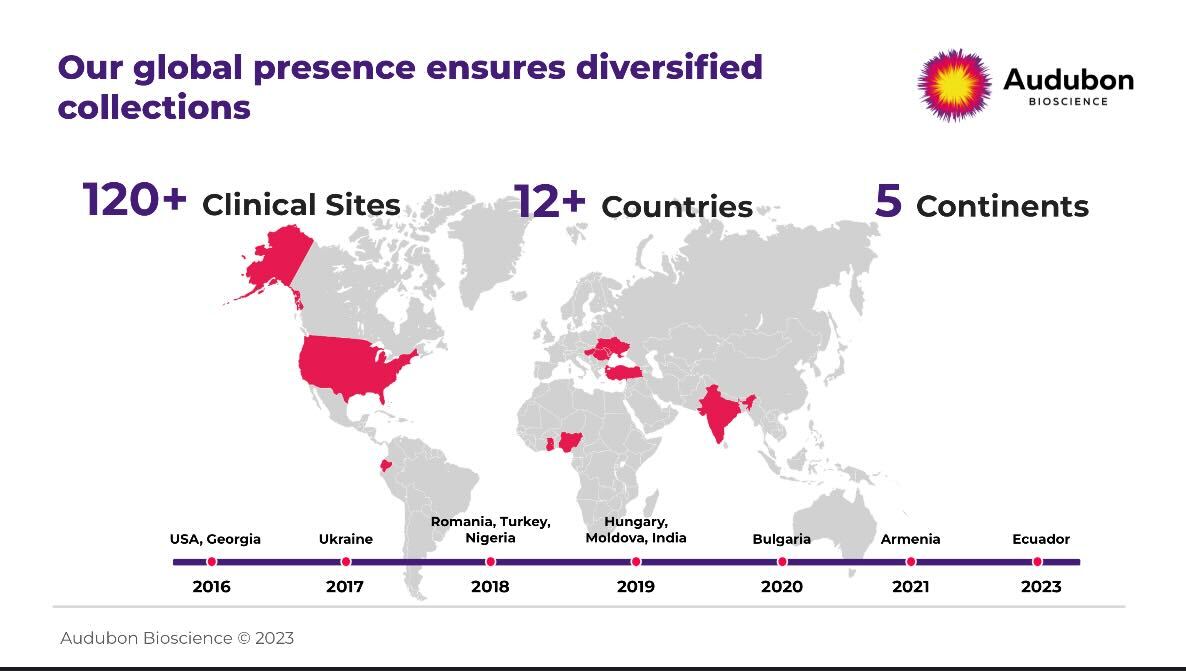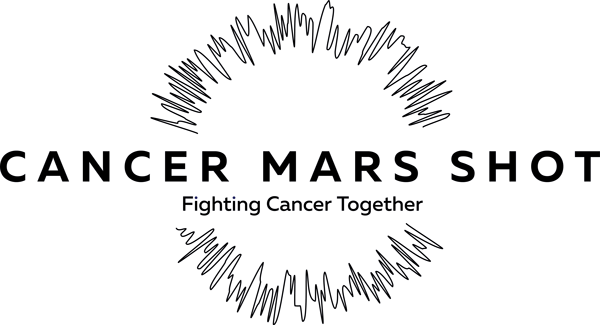Biospecimens That Make a Difference | Personalized Medicine

Houston, TX, Jan 15th, 2024 — To further showcase our commitment to advancing personalized medicine and the landscape of cancer treatment, by providing high-quality biospecimens, we recently contributed to an annual Personalized Medicine awareness campaign article. This article summarizes Audubon’s role in supporting medical research through prospective built-for-purpose biospecimen collection for therapeutic development and research purposes.
It was published digitally, as well as an advertorial insert distributed in copies of USA Today newspapers in select metropolitan markets across the country.
High-quality and well-annotated human biospecimens are a core component of personalized medicine research and progress. They are invaluable resources that contribute to the understanding of human health, disease, treatment interventions, and their interaction.
Human biospecimens are critical building blocks for translational and genomics-based research, laying down an essential foundation for the development of personalized medicine. An unprecedented level of genomic, post-genomic, and precision medicine research is driving the fast-growing demand for high-quality and well-annotated biospecimens. It becomes a true challenge to find them in order to conduct pre-clinical and clinical research or validation studies.
Especially challenging is that biospecimen acquisition is an industry, and it slows down the whole innovation cycle. Per the article “Bridging the Gap Between Biobanks and Industry on FreeLIMS.com, “The lack of connection between biobanks and industry has slowed down the possibilities to use biospecimens for testing new therapies, developing vaccines and strategies for diagnosis. Private companies face difficulties accessing high-quality specimens because they mostly originate from public sector healthcare facilities and companies have limited access to such facilities.”
Supporting Research
Established in New Orleans in 2016, Audubon Bioscience supports cutting-edge precision medicine and cancer research to provide researchers with quality biospecimens and associated data to support the critical work they do in fighting a broad range of diseases.
Scientific needs vary greatly between research organizations, so Audubon has developed a wide range of services to support different research partners: small biotechs, large diagnostic and pharmaceutical companies, government, and not-for-profit collaborators like the National Cancer Institute and Centers for Disease Control and Prevention. Our procurement options include an active biobanking program, clinical remnant acquisition, and custom, built-for-purpose collections.
Key elements of Audubon’s programs include:
Specimen collection: Collection, processing, and storage of various types of biological samples, including blood, plasma/serum, fresh tissue, FFPE tissue, and more, occurs under stringent quality control measures.
Distribution: Dedicated country operations and an experienced logistics team ensure that researchers receive specimens and data efficiently and transparently from our site network with a large, diverse global footprint.
Ethical and regulatory compliance: Audubon operates under the highest ethical standards, including strict adherence to all national and international regulations related to informed consent, confidentiality, and privacy.
Adaptability
As precision medicine research has grown and evolved, traditional biobanks often struggle to adapt to current researchers’ needs. It is critical nowadays to procure specimen sets that exactly match research protocols and account for a new emphasis on understanding critical ethnic-related genetic differences. Audubon leverages its expansive network of clinical partners to overcome these challenges and provide researchers with built-for-purpose specimen procurement from a diverse global population.
The development of liquid biopsy biomarkers and understanding the different immunity pools in blood versus organs emphasize the need for various matched specimen combinations. Matched sets can be defined as different specimen types collected from the same donor at the same time (i.e. blood and tissue) or same type of specimens collected at multiple time points (a longitudinal collection). These are difficult to procure.
And traditional biobanks often cannot reasonably account for the incredible number of possible specimen type and time point combinations. Matched tissue and blood collections have provided a good example of this thriving complexity. Derivatives like frozen tissue, FFPE, plasma, viable PBMCs, and buffy coat are all requested from tissue and blood, but no dominant combination has emerged.
This leaves traditional biobanks to guess what researchers want and how they will want it processed, which leaves both donors and researchers open to a situation where valuable specimens are potentially wasted. To continue advancing precision medicine and avoid resource drain, researchers and biobanks will need to focus on custom, built-for-purpose collections. Audubon has already begun shifting capabilities to accommodate this. Fifty-four percent of all unique donor cases collected in 2022 were matched compared to only 25% in 2020.
Meeting high standards
Beyond obtaining the correct specimen format, custom collections help ensure the quality of the material and the accuracy of data by guaranteeing that specified policies and procedures, including quality control, were followed during processing, storage, and transfer regardless of where the samples originated. Audubon has systems in place to enable this flexibility while maintaining the required quality, accuracy, and precision.
The origin of biospecimens is another issue felt acutely by precision medicine research. Ethnic-related genetic differences lead to diverse incidence, prevalence, and mortality among geographically distant populations.

By sourcing specimens from limited geographic areas, precision medicine researchers may fail to account for the differing biomarker expression and varied prevalence of cancer-driver mutations related to drug response in a more diverse population. Overcoming this challenge, though, requires significant investment as collecting specimens safely and ethically requires legal and operational expertise globally.
Audubon has worked to mitigate this risk for its research partners by strategically growing a network of more than 120 clinical partners in 12 countries spanning North and South America, Europe, Africa, and Asia. Within the United States, Audubon’s partner network includes established biobanks, blood banks, reference labs, hospitals, and multi-physician clinics, accounting for a variety of medical conditions and ethnic diversity.
Managing a global network
There are two key components to operating a site network as large as this — legal/regulatory affairs and physical operations. Each country presents unique legal and regulatory challenges, so operating a global network requires proficiency in both international and local regulatory environments. Managing this is no small feat and requires significant resources. In addition to local country operations teams with on-the-ground knowledge, Audubon has built a strong internal legal and compliance group dedicated to ensuring specimens are collected legally, ethically, and with patient care at the top of mind.
To handle physical operations — including specimen storage, collection, and shipment — Audubon Bioscience has physicians and clinical staff embedded in site monitoring to ensure specimen collection happens safely, accurately, and ethically. It is a novel operational approach that focuses on dovetailing into the workflow of existing research teams where applicable, customizing systems to account for the company’s globally standardized operating procedures, processes, and regulatory documents.
The company maintains detailed knowledge of accessible patient populations, de-identified data (e.g., medical history, mutation, longitudinal), specimen formats, and allowable uses for our clients’ individual research focus.
The combination of built-for-purpose collections and a vast site network allows Audubon Bioscience to minimize the risk in specimen procurement for precision medicine research without sacrificing patient care, ethics, or quality. As a result, the Audubon Bioscience team supports and accelerates the progress in precision medicine research on a high level.
Accelerate your specific research projects with our scientific experts today. To learn more about our dedication to engineering breakthrough therapies and diagnostic solutions that target specific genetic mutations and cellular pathways to improve patient outcomes, visit our website or speak to a member of our team.




